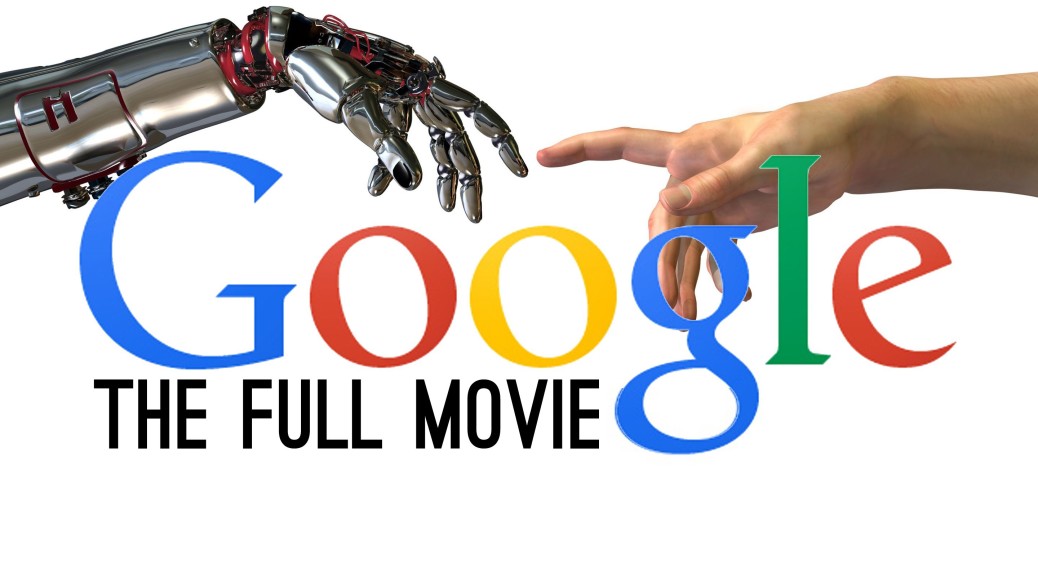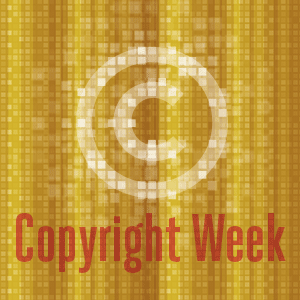How big is Google? Watch this video to find out!
Category Archives: Did you Know?
ALA Council approves new Lemony Snicket Prize for Noble Librarians Faced with Adversity
Do you know any “Noble Librarians Faced with Adversity?”
If so, please nominate them for the new Lemony Snicket Prize for Noble Librarians Faced with Adversity, handed out by the American Library Association:
Th[is] award, which ALA intends to present at its Annual Conference, recognizes a librarian who “has faced adversity with integrity and dignity intact.†It will be given annually to a deserving librarian…
The Decline of the American Book Lover
The Pew Research Center reported last week that nearly a quarter of American adults had not read a single book in the past year. As in, they hadn’t cracked a paperback, fired up a Kindle, or even hit play on an audiobook while in the car. The number of non-book-readers has nearly tripled since 1978.
The Decline of the American Book Lover – Jordan Weissmann – The Atlantic.
Copyright Week: Taking Copyright Back (Electronic Frontier Foundation)
Copyright used to be a pretty specialized area of law, one that didn’t seem to affect the lives of most people. But with the proliferation of digital technologies and the Internet, a funny thing happened: copyright policy became speech policy, and it started to show up in all sorts of unexpected and unwelcome places.
It’s no longer the case that copyright is only a concern if you run the kind of company that has its own theme parks. Instead, copyright policy can have an effect on any user posting to her favorite sites, sharing videos she’s captured or photos she’s taken. It can affect your basic freedom to tinker, make, and repair your stuff.  And it gives content owners, and governments, a powerful censorship tool, with far too little oversight.
Copyright Week: Taking Copyright Back | Electronic Frontier Foundation.
The best and worst media errors and corrections in 2013
(Not the Boston Marathon bombers, for the record; just a prime example of media error in 2013)
Here are two trends in media-related errors for 2013:
Breaking-News Errors — Labeling this a trend is admittedly problematic, in that breaking-news errors are as old as breaking news. Events such as natural disasters or crisis situations strike suddenly, and confusion is a natural byproduct. (Related: I’m editing a free Verification Handbook aimed at helping journalists and humanitarian agencies deal with emergency and crisis situations. Sign up to get a free copy early next year.)
Last year’s error of the year was the breaking-news breakdowns by CNN and Fox News in their coverage of the Supreme Court’s Affordable Care Act (“Obamacareâ€) decision. This year, breaking-news mistakes warrant a collective mention because they happened again and again. There were mistakes made during the initial coverage of the Boston bombings, the Navy Yard shootings, the shooting at LAX (which included a Canadian newspaper falling for a hoax tweet claimed the former head of the NSA was dead), the crash landing of a Korean Air flight in San Francisco (see Best Naming Error below)… and on and on.
It’s become such an expected scenario, with similar mistakes being made over and over again, that I decided to write a template article with lessons and advice, “This is my story about the breaking news errors that just happened.â€
High-Profile Journalists Dumped for Inaccuracy — AP fired three journalists after they played a role in publishing a report that falsely accused current Virginia Gov. Terry McAuliffe of lying to federal investigators. (The accusation was published shortly before the election, thereby possibly affecting the outcome.) Reporter Bob Lewis, who wrote the erroneous story, was fired along with editors Norman Gomlak and Dena Potter. I noted at the time how surprising it was to see three staffers dismissed, especially the long-tenured Lewis, who hadn’t been party to a big error before. I also listed other recent firings to highlight how inconsistently punishment is applied by news organizations.
Foe more errors and corrections, see The best and worst media errors and corrections in 2013 | Poynter..




